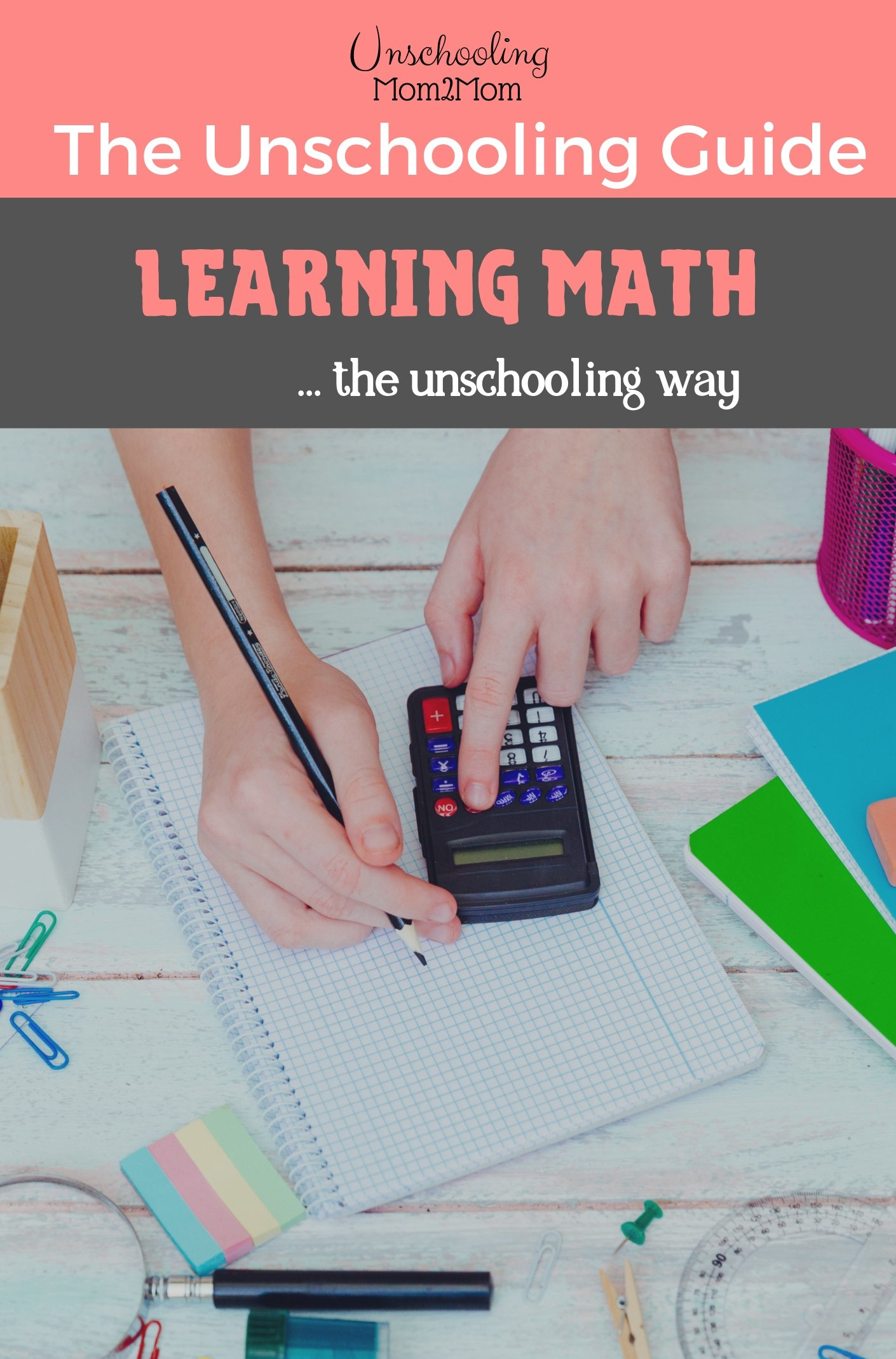Are Boys Really Better than Girls at Math?
 Pam Sorooshian, mom of three grown-up homeschooled daughters, was an economics and statistics college professor in Southern California. Now she spends her days hanging out with her grandchildren and playing games with friends and family.
Pam Sorooshian, mom of three grown-up homeschooled daughters, was an economics and statistics college professor in Southern California. Now she spends her days hanging out with her grandchildren and playing games with friends and family.
Math Myth Number 1:
Males are naturally better at math than females.
It is very easy to find evidence that seems to support this. For example, over the past 40 years, boys have consistently earned significantly higher math SAT scores and almost twice as many boys as girls continue to land in the 700 to 800 SAT score range (800 is perfect). And, in practical terms, females continue to hold only around 25% of science, technology, engineering, and math jobs in the United States, a rate that persists in spite of quite successful efforts in education to encourage girls to pursue math - more than half of students enrolled in AP/honors and advanced mathematics courses are females. It is no surprise that many conclude that the gender gap in math is natural and inevitable. Referring to University of Wisconsin professor Janet Hyde, Mark J. Perry of the American Enterprise Institute concludes:
“Given the significant and persistent gender differences in SAT math test scores that have persisted over many generations, the scientific data about gender differences in math performance would seem to present a serious challenge to Professor Hyde’s claims that there are no gender differences in math performance.”
 That boys consistently outdistance girls on objective standardized math tests is true, but it is an extreme oversimplification to conclude that boys are naturally better at math than girls. First, there are no differences in math ability between young boys and girls; the differences appear and grow throughout adolescence.
Also, based on those same standardized tests, boys are also worse at math than girls since a greater proportion of boys also earn the lowest scores. In addition, girls consistently score higher than boys on some of the subcategories of the math tests. Outside of the United States, girls often do as well or better than the boys of that country and girls in other countries do better than boys in the United States.
That boys consistently outdistance girls on objective standardized math tests is true, but it is an extreme oversimplification to conclude that boys are naturally better at math than girls. First, there are no differences in math ability between young boys and girls; the differences appear and grow throughout adolescence.
Also, based on those same standardized tests, boys are also worse at math than girls since a greater proportion of boys also earn the lowest scores. In addition, girls consistently score higher than boys on some of the subcategories of the math tests. Outside of the United States, girls often do as well or better than the boys of that country and girls in other countries do better than boys in the United States.
In fact, a closer look at the international data supports the conclusion that math ability is not connected to the Y chromosome. Of course, any conclusions based entirely on standardized tests also ignore the fact that girls tend to outperform boys in classroom settings which may involve more practical and conceptual math than a standardized test.
If the math gender gap is not natural and inevitable, the question is what causes it and, for homeschoolers, can we help our daughters avoid it?
Some researchers have suggested that it is early childhood play that kickstarts the gender gap.
Boys are encouraged to play with building materials such as Lego, which develops their spatial awareness.
They are also more supported in large-muscle physical play which involves running, jumping, and climbing and, again, develops their senses of space, shape, angle, distance, speed, acceleration, and other concepts that later connect directly to mathematics.
Others have pointed out that nearly all elementary school teachers are females who, themselves, suffer from a high degree of math anxiety and a belief that boys are better at math than girls.
One study found that even though there was no relationship between teachers’ math anxiety and girls’ math ability or beliefs at the beginning of the year, by the end of the year,
“...the more anxious teachers were about math, the more likely girls (but not boys) were to endorse the common stereotype that
'boys are good at math,'
and
'girls are good at reading' and the lower these girls’ math achievement.”
As a homeschooling parent, what does the evidence mean to you? Whether you have boys or girls, try not to reinforce the  stereotype.
stereotype.
Homeschooling moms can avoid telling their kids to “ask your dad” whenever a math question comes up and, instead, try to help the child investigate the answer.
- Avoid telling their kids to “ask your dad” whenever a math question comes up - instead, try to help the child investigate the answer.
- Use Google
- Ask a friend (especially a female friend)
- Tackle it as you would other questions.
- Purposely avoid self-deprecating comments about being bad at math, not having a math brain, etc.
- Try to be aware that you might be avoiding math.
- Look for math-related picture books, for example, to enjoy with your young children.
- Show enthusiasm if your daughter is interested in building materials such as Lego and other typical boy activities.
- Get involved and support the interest.
- Allow your daughter to do physical activities and take some risks.
- When your daughter wants to climb a tree or skateboard on a ramp, ask yourself if you’re being over-cautious because she’s female.
One of the best ways to encourage future mathematical success is playing games, so encourage lots of game playing of all kinds and especially board games, dice games, card games, and paper and pencil games.
Most of all, be aware of your own attitude toward math and make efforts to show confidence in your child’s ability.
Math myths are pervasive in our society but you can choose not to invite them into your home.
 Pam Sorooshian, mom of three grown-up homeschooled daughters, was an economics and statistics college professor in Southern California. Now she spends her days hanging out with her grandchildren and playing games with friends and family.
Pam Sorooshian, mom of three grown-up homeschooled daughters, was an economics and statistics college professor in Southern California. Now she spends her days hanging out with her grandchildren and playing games with friends and family.
Still Nervous about Math?
This Unschooling Guide: Learning Math will help you understand why you're worried and give you practical tips for understanding how unschooling works - even for math!












